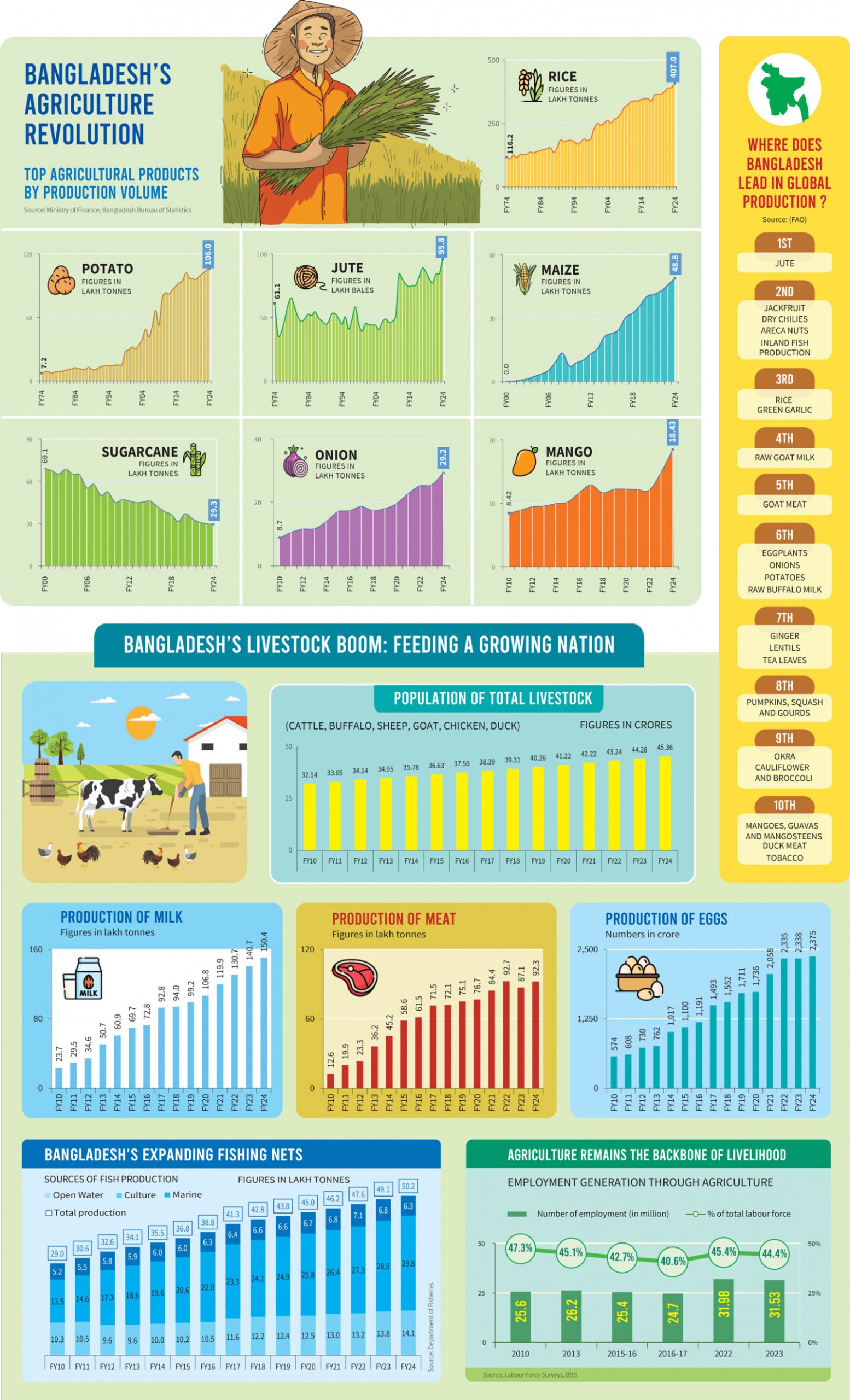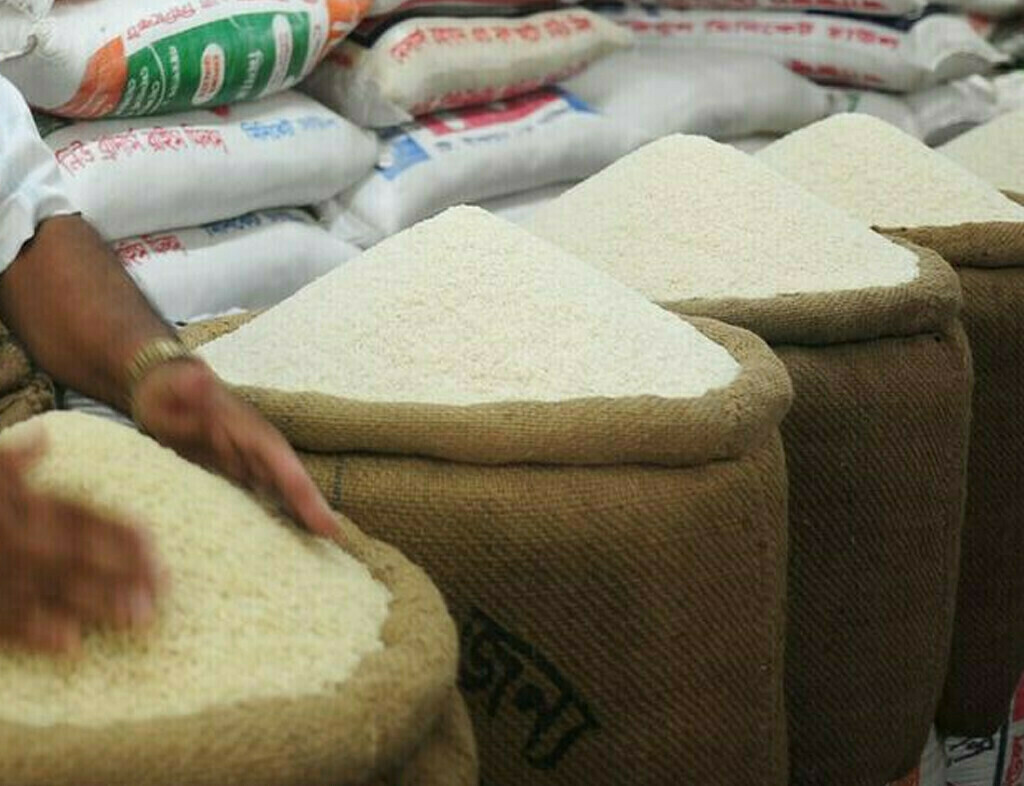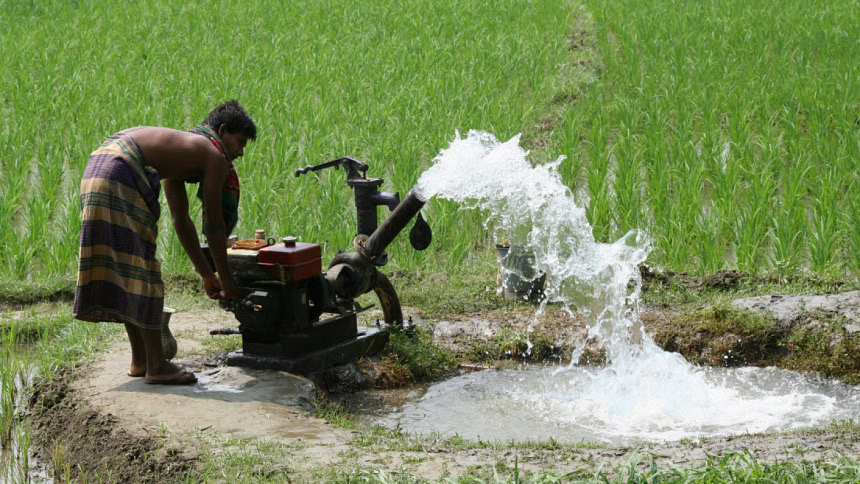Tags
INDIA’S RICE EXPORT TO AFRICAN NATIONS: BALANCING DOMESTIC SUPPLY AND GLOBAL FOOD SECURITY
Article: India Extends Support to African Nations with Rice Exports
India has taken notable steps in extending a helping hand towards African countries in terms of food security by allowing the exports of a significant quantity of rice. The recent announcement from the Directorate General of Foreign Trade indicates a permission granted by the Indian government for the export of non-basmati white rice to Tanzania and broken rice to Djibouti and Guinea Bissau. This decision comes despite the standing ban on non-basmati white rice exports imposed since July 20, 2023, aimed at increasing domestic supply. The allowance for export has been made on humanitarian grounds to support the food security needs of these countries upon their request.
Tanzania, a nation in East Africa, has been allocated 30,000 tonnes of non-basmati white rice. Djibouti, situated at the northeastern edge of Africa, along with Guinea Bissau, a West African tropical country, are to receive a combined total of 80,000 tonnes of broken rice. It’s important to note that these exports are being conducted through the National Cooperative Exports Limited (NCEL), a multi-state cooperative society backed by prominent cooperative institutions in India.
In the past, similar exceptions have been made for other nations as well, including Nepal, Cameroon, Cote d’Ivoire, Guinea, Malaysia, the Philippines, and Seychelles, showcasing India’s role as a key player in international food security, especially in times of need.
Three things to know:
- India’s Humanitarian Aid to African Nations:
Despite the ban on the export of non-basmati white rice, India is prioritizing international humanitarian efforts by providing essential food commodities to countries in need. This decision underscores India’s role as a responsible stakeholder in the global community, willing to support countries facing food scarcity. - Strategic Geopolitical Move:
By extending rice exports to African countries, India is also strategically bolstering its geopolitical ties. These exports function as a form of diplomacy that can strengthen bilateral relations, pave the way for future collaborations, and enhance India’s influence on the African continent. - The Involvement of NCEL:
The exports are channeled through the National Cooperative Exports Limited, indicating the Government of India’s trust in cooperative societies to handle the nuances of international trade. NCEL’s role is a testament to the cooperative sector’s capacity to engage in significant trade operations that align with national and international interests.
Conclusions:
The Indian government’s decision to export rice to Tanzania, Djibouti, and Guinea Bissau stands as a manifestation of its commitment to assisting countries with food security challenges. This move, while running parallel to domestic interests in stabilizing the rice supply, elevates India’s status as a dependable partner in addressing global humanitarian needs. The exports not only solidify bonds with receiving nations but also strategically expand India’s sphere of influence and goodwill on the African continent. Furthermore, the involvement of NCEL in the exportation process highlights the pivotal role that cooperatives play in India’s economic and trade activities, affirming the cooperative movement’s strength in the country.
These exports are expected to have positive impacts on the relationships between India and the recipient African countries. The gesture transcends mere trade dealings; it is an investment in diplomatic capital and an assertion of India’s emerging role as a key player in the global fight against food insecurity. This policy move demonstrates India’s nuanced approach to geopolitics and economics, balancing national interests with international cooperation and humanitarian response.
https://africa24.it/en/2024/03/22/indias-rice-export-to-african-nations-balancing-domestic-supply-and-global-food-security/Published Date: March 22, 2024






